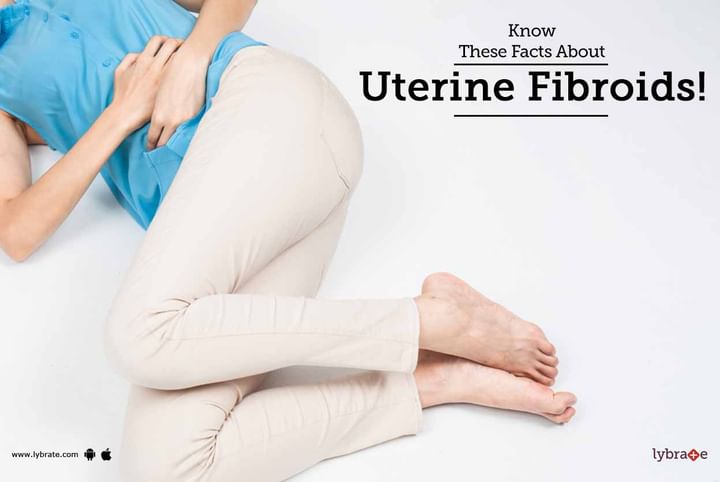Know These Facts About Uterine Fibroids!
Uterine fibroids are abnormal growth that manifests in the uterus of the woman. Hormones is the usual causes listed for such a growth. And usually seen in young women. Starts to shrink after menopause. The most common symptoms of the condition include heavy bleeding during the menstrual cycle, as well as severe pain during periods. This depends on location of the fibroid. They are not familial. Can occur in anyone. Uterine fibroids occur in 20-40% of reproductive-aged women. They grow in response to estrogen stimulation and regress after menopause.
Leiomyomas are smooth muscle tumors that form in the uterine wall. The development and growth of uterine fibroids are influenced by multiple factors including autocrine and paracrine growth factors, genetic abnormalities, race, and environmental estrogen exposure related to age of menarche, obesity, and parity. The precise causes is not known. Although myomas are common, relatively few actually cause symptoms. Whether symptoms are present depends largely on a combination of size, number, and location of the myomas. In general, myoma growth is a result of the stimulation of estrogen, which is present until menopause. Over time, previously asymptomatic myomas may grow and become symptomatic. Conversely, many myomas begin to shrink as menopause removes the estrogen stimulation and many myoma-related symptoms resolve spontaneously shortly after menopause.
Medications are used for the symptoms produces, like pain meds, those to control bleeding etc. Medicines to shrink its size are sometimes used before surgery, to make them accessible by laparoscopy, instead of open surgery. Fibroids never become cancerous!! Though surgery is commonly advised/performed, it it at times unnecessary.
Surgery is needed in the following situations:
- It is very large, and therefore causing pressure on surrounding organs.
- It is close to inner lining of uterus and causing excess pain and bleeding during periods, which are uncontrolled with medicines.
- Due to its location, it is causing recurrent miscarriages. In most situations, surgery is not needed for fibroids.



+1.svg)
